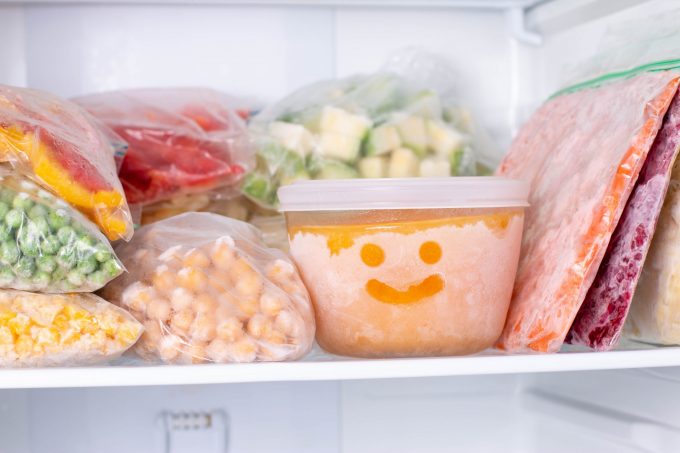AD Ports faces DP World in Luandan venture
The prospect of neighboring port operators from Dubai and Abu Dhabi locked in competition within ...

Transporting perishables at -15°C rather than -18°C could have the same environmental impact as taking 3.8 million cars off the road.
And major logistics players have called on their industry partners to increase reefer container temperatures by those three degrees, which could also save between 5% and 11% of energy costs, without compromising food safety.
Yesterday, a global alliance, backed by DP World, to reset the standard of cold chain transportation was supported by roughly 60% of the world’s shipping market. It has been named Join the Move to -15°C.
Currently, most frozen food is transported at -18°C, a standard set 93 years ago and not revisited since. However, a study released on Wednesday shows that increasing this by just 3°C would save 17.7m metric tonnes of CO2 a year – the equivalent emissions of 3.8m cars.
It also found that 2%-3% more energy is required for every degree below zero, and said “the move to -15°C can cut costs in the supply chain by at least 5%, and in some areas by up to 12%”.
The study was carried out by the Paris-based International Institute of Refrigeration, the University of Birmingham, and London South Bank University, among others.
Kuehne + Nagel, Maersk and MSC are among the companies supporting the initiative.
Maha AlQattan, group chief sustainability officer at DP World, said: “Frozen food standards have not been updated in almost a century. They are long overdue for revision.
“A small temperature increase could have huge benefits, but however committed each individual organisation is, the industry can only change what’s possible by working together.
“’Move to -15°C’ will bring the industry together to explore new, greener standards to help decarbonise the sector on a global scale…. we can deploy accessible storage technologies in all markets to freeze food at sustainable temperatures, while reducing food scarcity for vulnerable and developed communities.”
Professor Toby Peters, of the University of Birmingham and Heriot-Watt University and director of the Centre for Sustainable Cooling, said: “Cold chain infrastructure, and the lack of it, have implications for global climate change and the environment.
“DP World’s coalition can be a key tool for overcoming today’s food challenges too, providing a stable inventory of quality food for the 820m starving people worldwide, and security for another 2bn who are struggling with food scarcity.”
Comment on this article